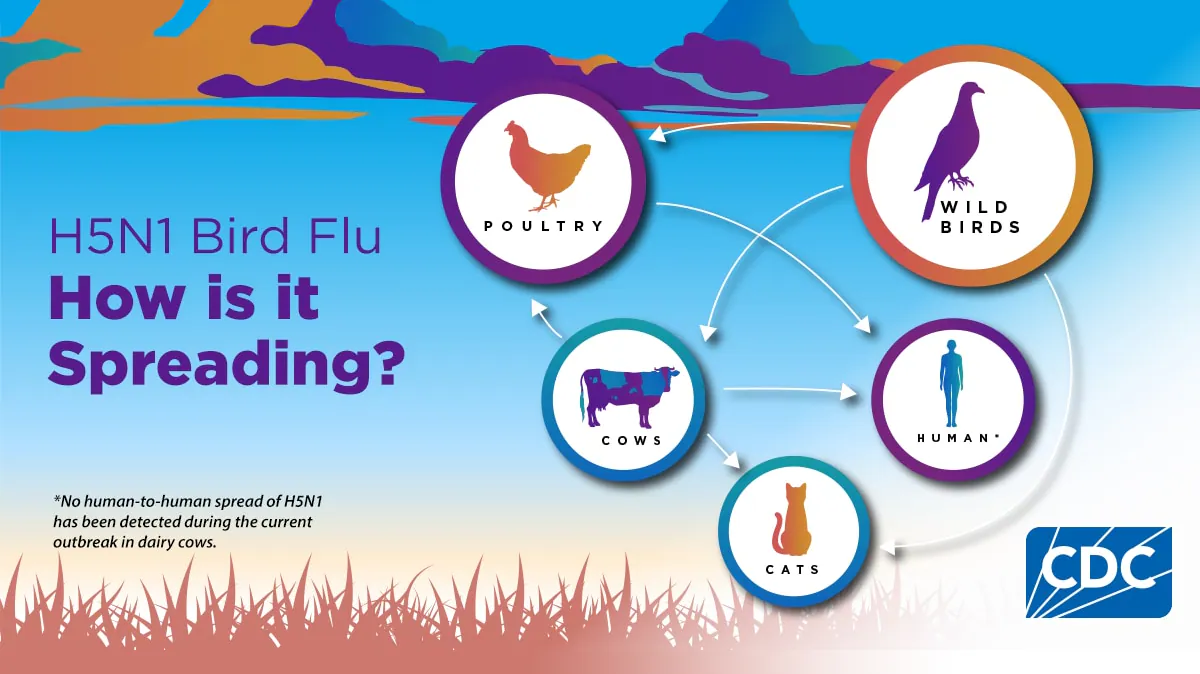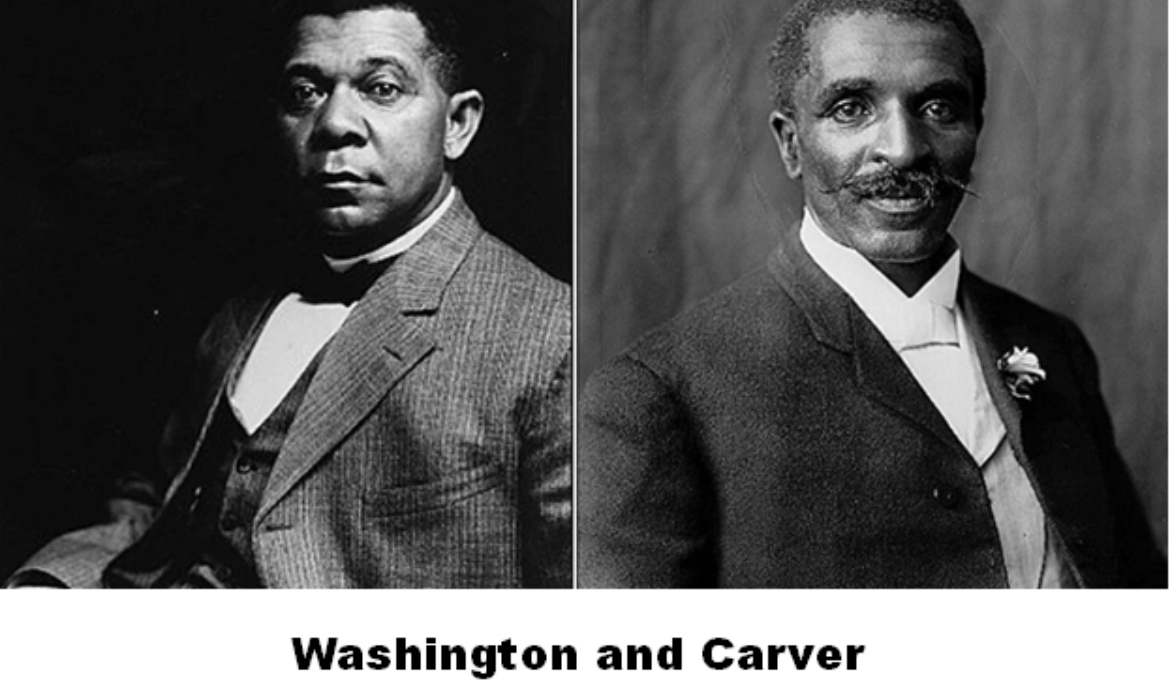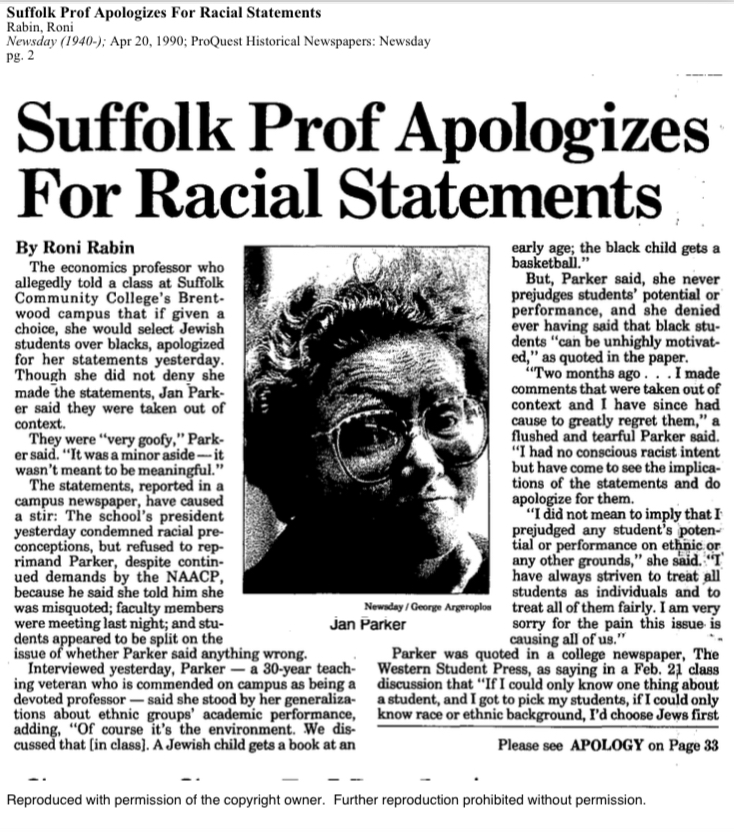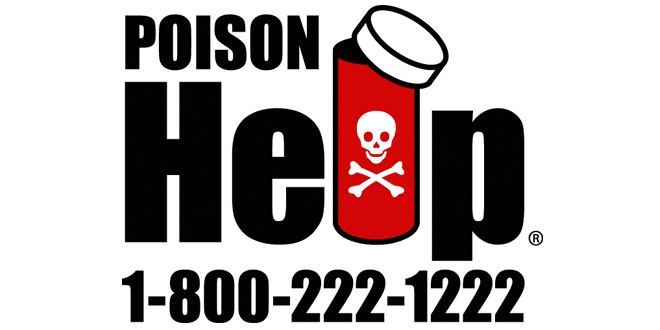A BAC (blood alcohol concentration) of more than .05 percent is legal evidence that you are impaired in New York, a BAC of .08 percent or higher is evidence of intoxication, and a BAC of .18 percent or more is evidence of aggravated driving while intoxicated.
Blood Alcohol Content’s relationship to the amount of drinks
Blood alcohol concentration (BAC) is a critical measure of alcohol intoxication and impairment in individuals. It is important to understand the relationship between BAC and the number of drinks consumed to make informed decisions about alcohol consumption and its effects on the body.
Recent studies and research have led to the development of new guidelines and recommendations for blood alcohol concentration levels. These guidelines aim to provide more accurate information on the effects of alcohol consumption and help individuals understand their level of impairment based on their BAC.
How Many Drinks Equal a Specific BAC Level?
The number of drinks required to reach a specific BAC level can vary depending on factors such as weight, gender, metabolism, and the type of alcohol consumed. However, as a general guideline, the following estimates can be used to understand the relationship between BAC and the number of drinks:
One standard drink typically raises BAC by about 0.02% in an average adult.
For example, for a 150-pound individual, consuming approximately four standard drinks within two hours may result in a BAC of around 0.08%, the legal limit for driving in many jurisdictions.
It is important to note that these estimates are approximate, and individual factors can significantly impact BAC levels.
Penalties for DWAI in New York
The penalties for a DWAI offense in New York can vary depending on the circumstances. First-time offenders can face a fine of up to $500, a jail sentence of up to 15 days, and a license suspension of up to 90 days. Repeat offenders or those with aggravated circumstances can face much harsher penalties. Aggravating factors are covered under other subsections of the Section 1192 of the New York Vehicle and Traffic Law. If you have questions about which subsection the Operating a Motor Vehicle While Under the Influence of Alcohol or Drugs statute might be relevant to your case, contact an experienced DWI attorney in New York.
































